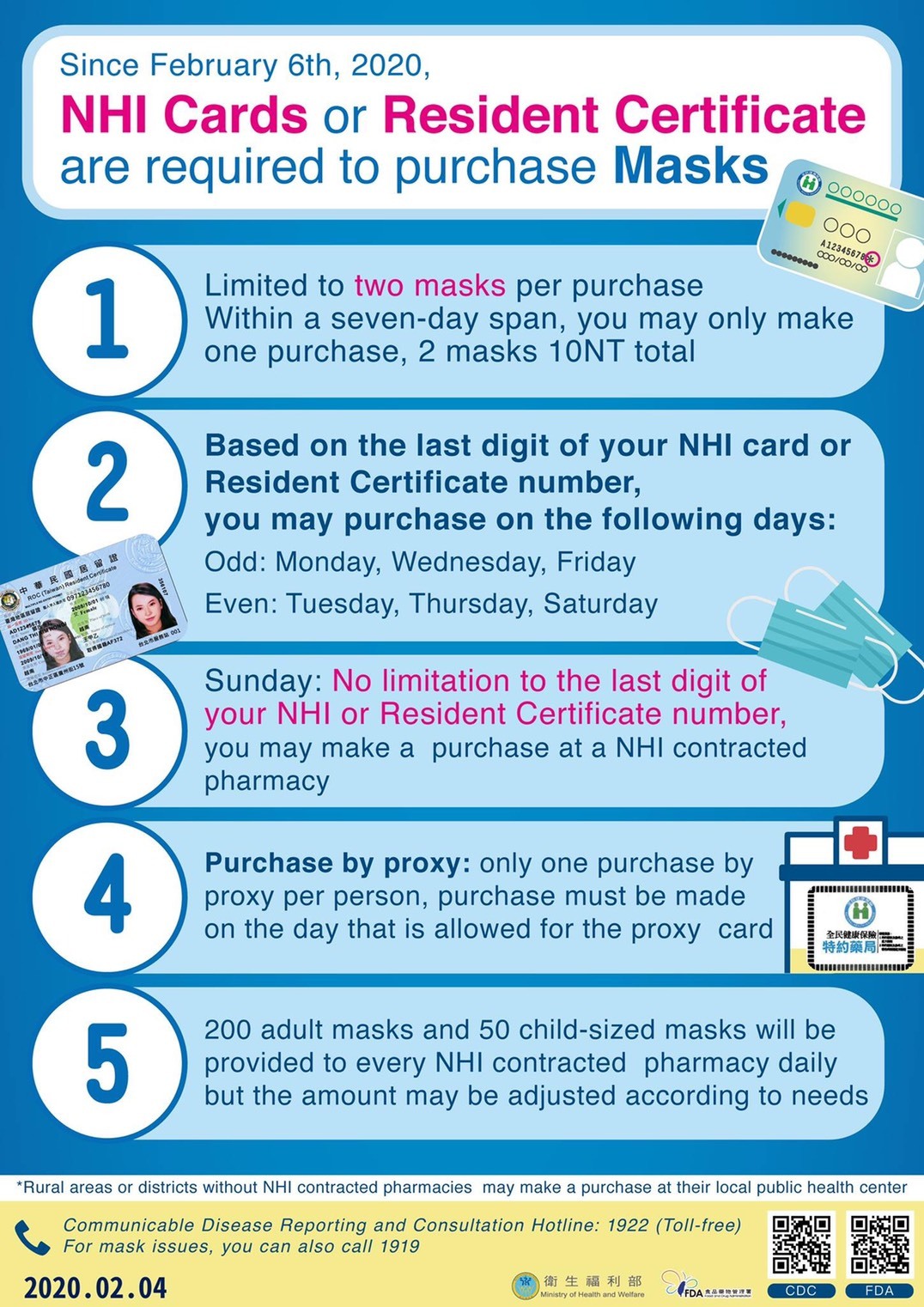
For every million COVID-19 doses administered among adolescents, we can prevent anywhere between 19-95 hospitalizations, 5-19 ICU admissions, and perhaps one death. This may at least partially be related to the lower numbers of young males who have received a vaccine more recently.ĬDC has estimated the number of COVID-19 hospitalizations that have been prevented among adolescents 12-17 years old as compared to the number of myocarditis cases observed. CDC is hearing about fewer cases of myocarditis related to COVID-19 vaccination over time. In another study evaluating cases of myocarditis at least 90 days following symptom onset after mRNA COVID-19 vaccination, most patients were judged by their healthcare provider as fully or probably fully recovered. In one study, the risk of cardiac complications, including myocarditis, in males 12-17 years old was 1.8 – 5.6 times higher after COVID-19 infection than after COVID-19 vaccination. Myocarditis cases occurring after mRNA COVID-19 vaccination have generally been less severe than myocarditis caused by viral infection. Myocarditis after vaccination is rare, and when it occurred, most of the cases were in adolescent or young adult males and happened about a week after completion of the second of two “primary doses” of vaccine. Myocarditis has been reported after COVID-19 as well as after COVID-19 vaccination. Symptoms include chest pain, shortness of breath, and feelings of having a fast beating, fluttering, or pounding heart.

Viral infections, like COVID-19, are a common cause of myocarditis. Myocarditis is an inflammation of the heart muscle. These types of allergic reactions can rarely occur with any kind of vaccine or medical product. Anaphylaxis (severe allergic reaction to the vaccine) has been rarely observed following COVID-19 vaccines. The most common reactions following COVID-19 vaccines are pain, redness, and swelling where the shot was given, and headache, fever, muscle aches, chills, or fatigue. Almost 700 million doses of COVID-19 vaccines have been administered in the United States to date, and monitoring in multiple safety systems has established their favorable safety profile. CDC closely monitors the safety of COVID-19 vaccines. In preclinical studies, Pfizer’s updated COVID-19 vaccine also produced strong immune responses to XBB.1.5. These data signal that the updated 2023-2024 COVID-19 vaccine likely can provide strong protection against COVID-19 during this fall and winter virus season. Their antibody responses after vaccination were about 17-times higher against XBB 1.5 and about 10-times higher against BA.2.86 ( a rare new variant that CDC is closely monitoring) compared to before vaccination. They also had an overall boost in COVID-19 immunity that may have waned since their last vaccination or infection. People vaccinated with Moderna’s updated COVID-19 vaccine, which includes a component that corresponds to the XBB lineage of the Omicron variant, showed a strong immune response against some of the variants that are common now (XBB.1.5, EG.5.1, and FL.1.5.1). Immune responses to the updated COVID-19 vaccine. Scientific Understanding of the updated COVID-19 vaccines:

Uninsured children and uninsured adults also have access through the Vaccine for Children Program and Bridge Access Program, respectively.

The benefits of COVID-19 vaccination continue to outweigh any potential risks.The updated vaccines should work well against currently circulating variants of COVID-19, including BA.2.86, and continue to be the best way to protect yourself against severe disease.In addition, healthy children and adults can still experience severe disease. Older adults and persons with weakened immune systems are at greatest risk for hospitalization and death.Updated COVID-19 vaccines are recommended for everyone 6 months and older and will be available by the end of this week at most places you would normally go to get your vaccines.


 0 kommentar(er)
0 kommentar(er)
